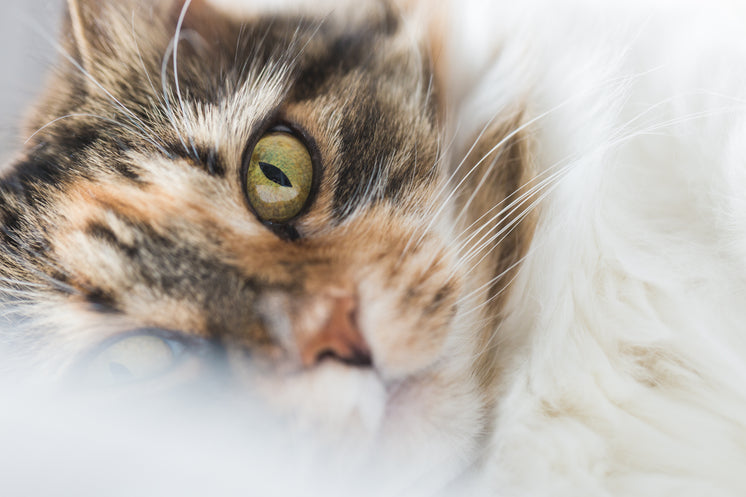Revealing the Hidden Dangers: Health Threats Connected With the Litter Box
Wiki Article

Feline owners are no strangers to the daily task of scooping out their furry good friend's litter box. It's a routine job that's often neglected, yet crucial for preserving a tidy and healthy environment for both cats and their human companions. Nevertheless, what many animal owners might not realize is that there are concealed health risks connected with the litter box that can posture dangers to both human beings and cats alike. From respiratory problems to parasitic infections, the litter box can harbor a range of hazards that need mindful attention and management.
One of the most common health dangers related to the litter box is respiratory problems. Cat litter, specifically clay-based varieties, can contain great dust particles that end up being airborne when disrupted throughout scooping or when felines dig in the litter. These dust particles can be breathed in by both cats and people, resulting in breathing irritation and exacerbating conditions such as asthma or allergies. Sometimes, extended direct exposure to litter dust can even cause more severe respiratory issues in both felines and their owners.
To decrease breathing risks, it's vital to select low-dust or dust-free litter choices and to scoop the litter box in a well-ventilated location. Using a dust mask while cleaning up the litter box can likewise help in reducing exposure to airborne particles, particularly for individuals with respiratory sensitivities.
Another considerable health danger connected with the litter box is the capacity for parasitic infections, especially from Toxoplasma gondii, a typical parasite discovered in feline feces. While a lot of healthy people might not experience signs if contaminated, pregnant ladies and people with weakened immune systems are at higher danger of developing severe complications, including abnormality and neurological disorders.
To minimize the risk of parasitic infections, pregnant females cat litter robot need to prevent cleaning up the litter box entirely and delegate this task to another family member. In addition, all people must practice great hygiene practices, including cleaning hands completely after dealing with the litter box or entering contact with cat feces, to reduce the risk of transmission.
Lots of industrial cat litters contain chemicals and additives that can posture health threats to both cats and humans. For instance, some fragrant litters may consist of scents or vital oils that can irritate sensitive breathing systems or set off allergic reactions. Additionally, clumping litters typically consist of sodium bentonite, a clay material that can broaden when ingested, leading to intestinal obstructions if consumed by felines.
To lessen chemical exposure, go with odorless or naturally-scented litters made from biodegradable products such as paper, wood, or plant-based options. These eco-friendly options are not just safer for your feline's health but likewise better for the environment.
The litter box environment supplies a perfect breeding ground for bacteria, consisting of potentially harmful pathogens such as E. coli and Salmonella. These bacteria can infect the litter box and surrounding areas, increasing the risk of infection EcoFriendly Litter Boxes for both felines and humans. Felines can contract bacterial infections through direct contact with infected litter or by ingesting feces during grooming, while humans can become contaminated through contact with polluted surface areas or improperly cleaned hands.
To reduce the threat of bacterial contamination, it's important to clean up the litter box regularly utilizing hot water and moderate detergent, in addition to to decontaminate the surrounding area to avoid the spread of bacteria. In addition, practicing excellent hand hygiene, consisting of cleaning hands thoroughly after managing the litter Clay Cat Litter box or coming into contact with feline feces, can assist reduce the threat of bacterial transmission.
While the litter box might seem like a mundane element of cat ownership, it's important to recognize the possible health risks connected with this apparently innocuous fixture. From breathing issues to parasitic infections and bacterial contamination, the litter box can harbor a range of threats that require cautious attention and management. By taking proactive procedures to minimize exposure to these dangers, feline owners can create a much safer and much healthier environment for both their feline buddies and themselves.